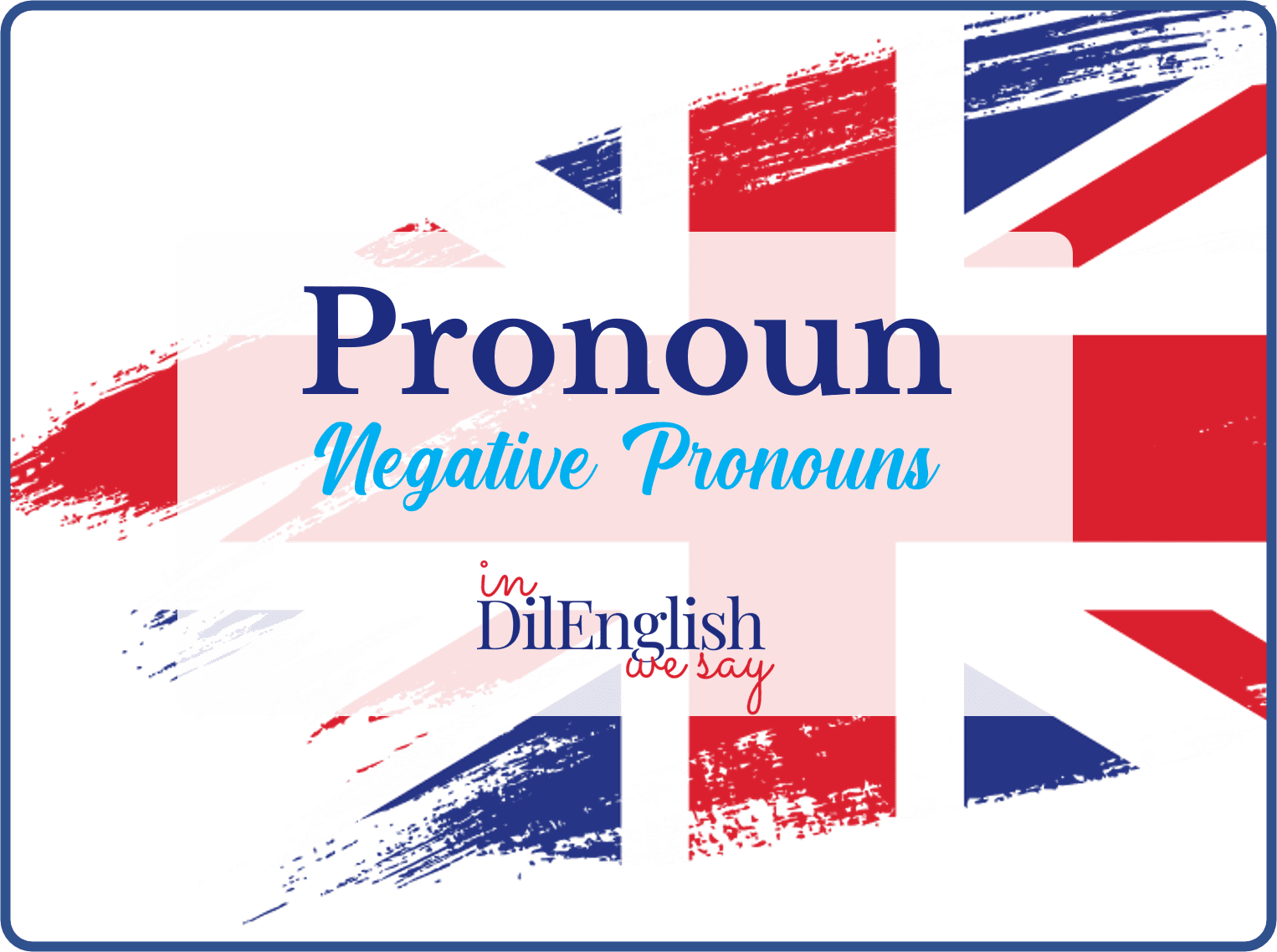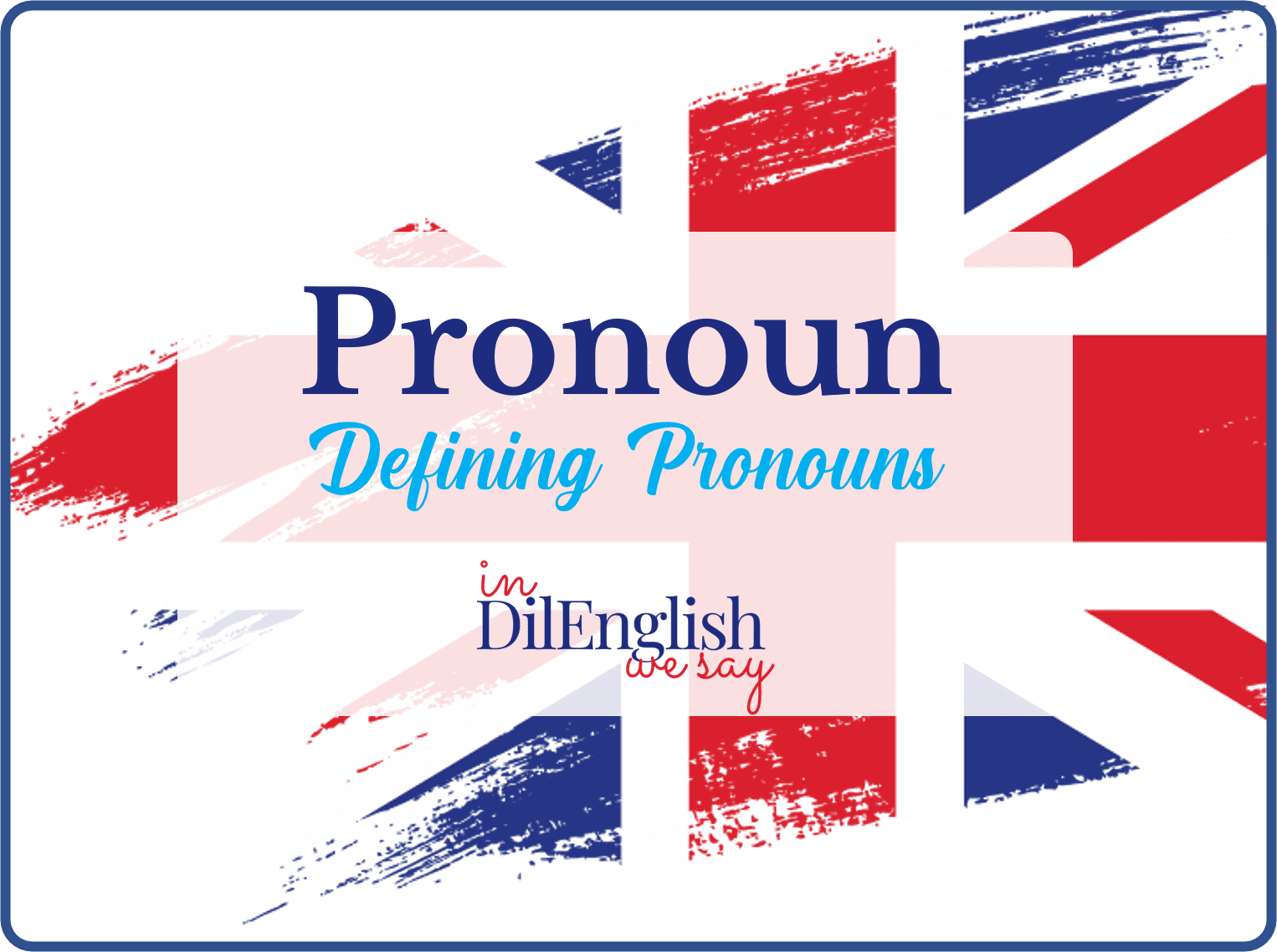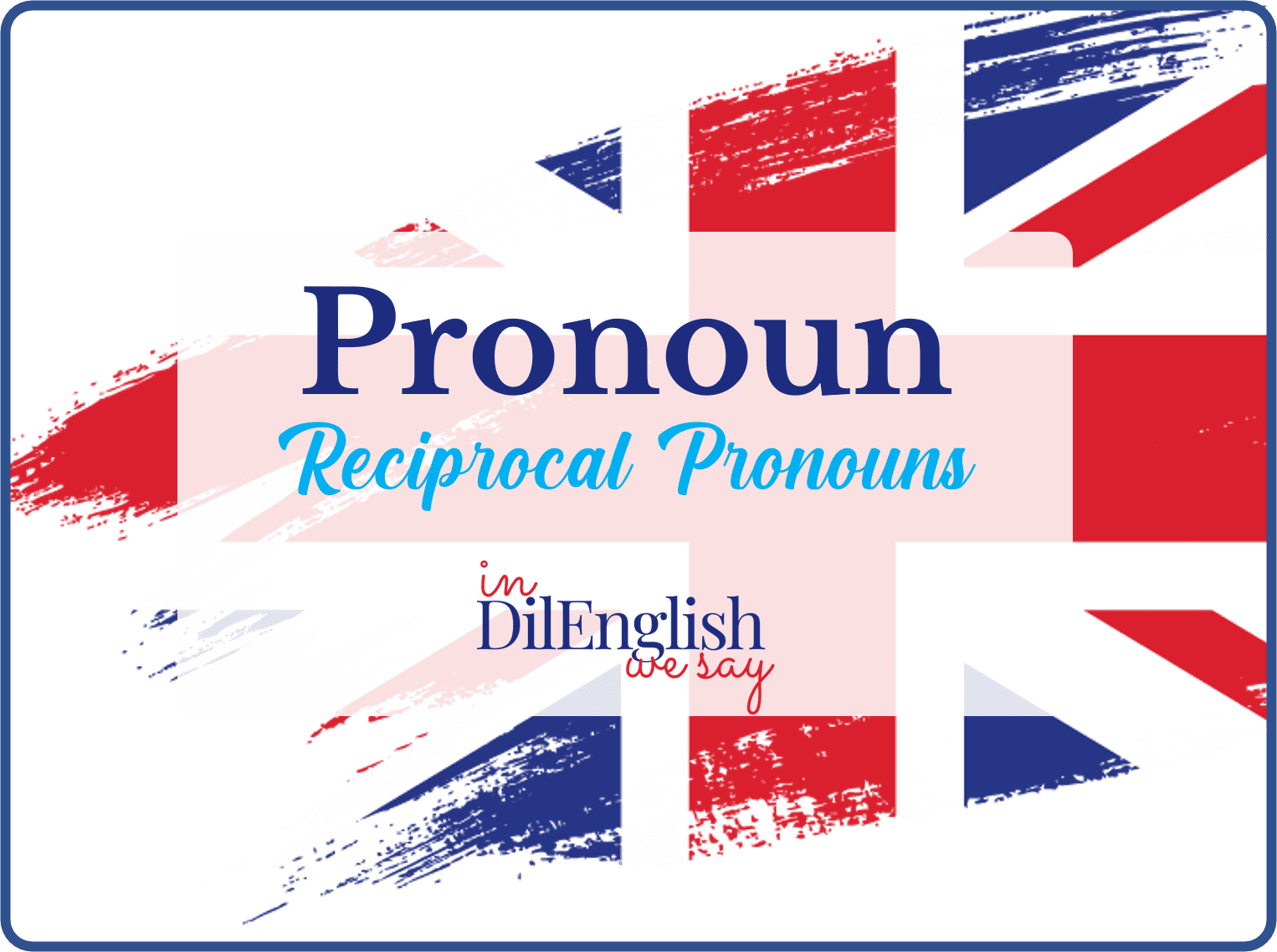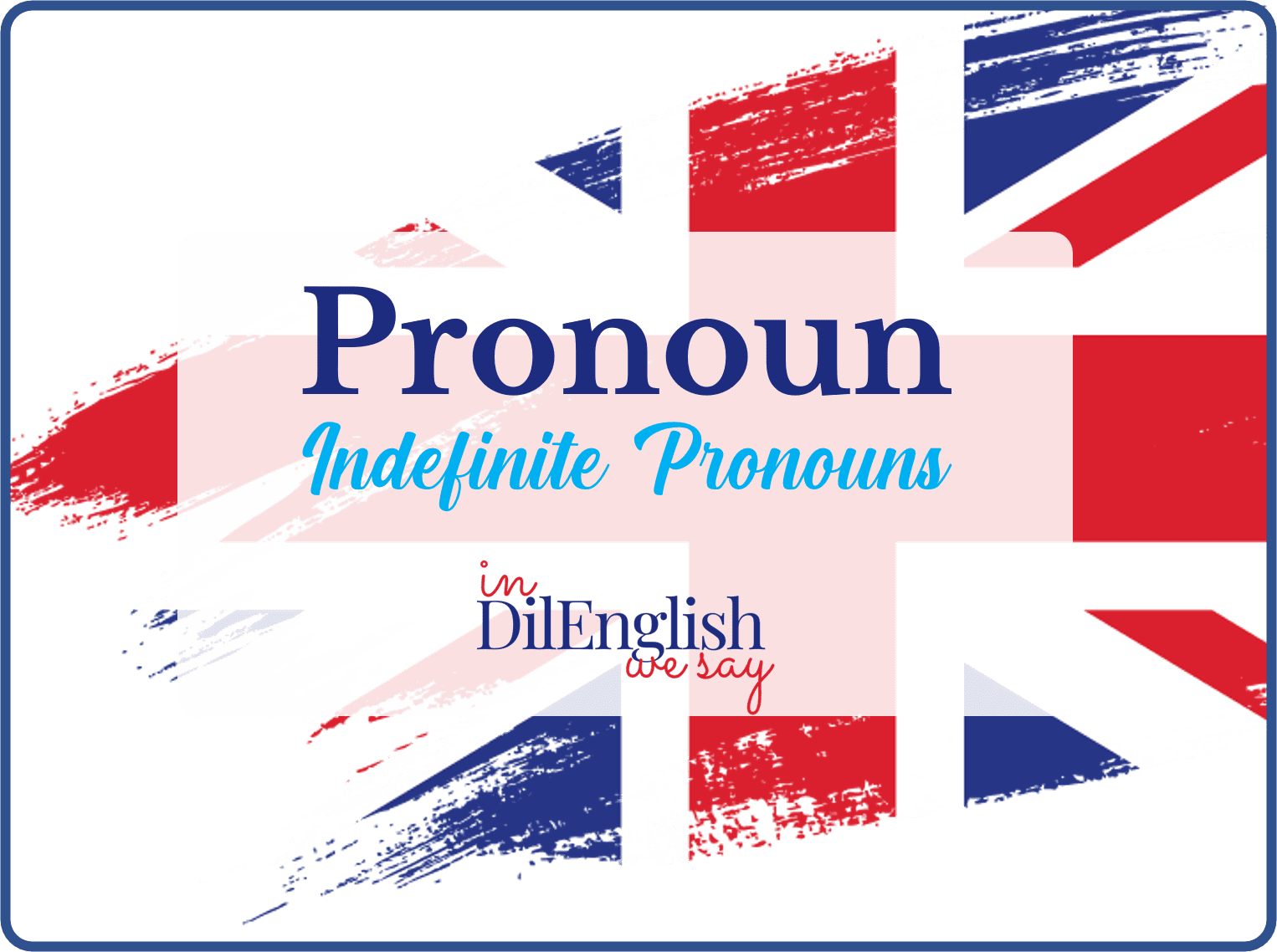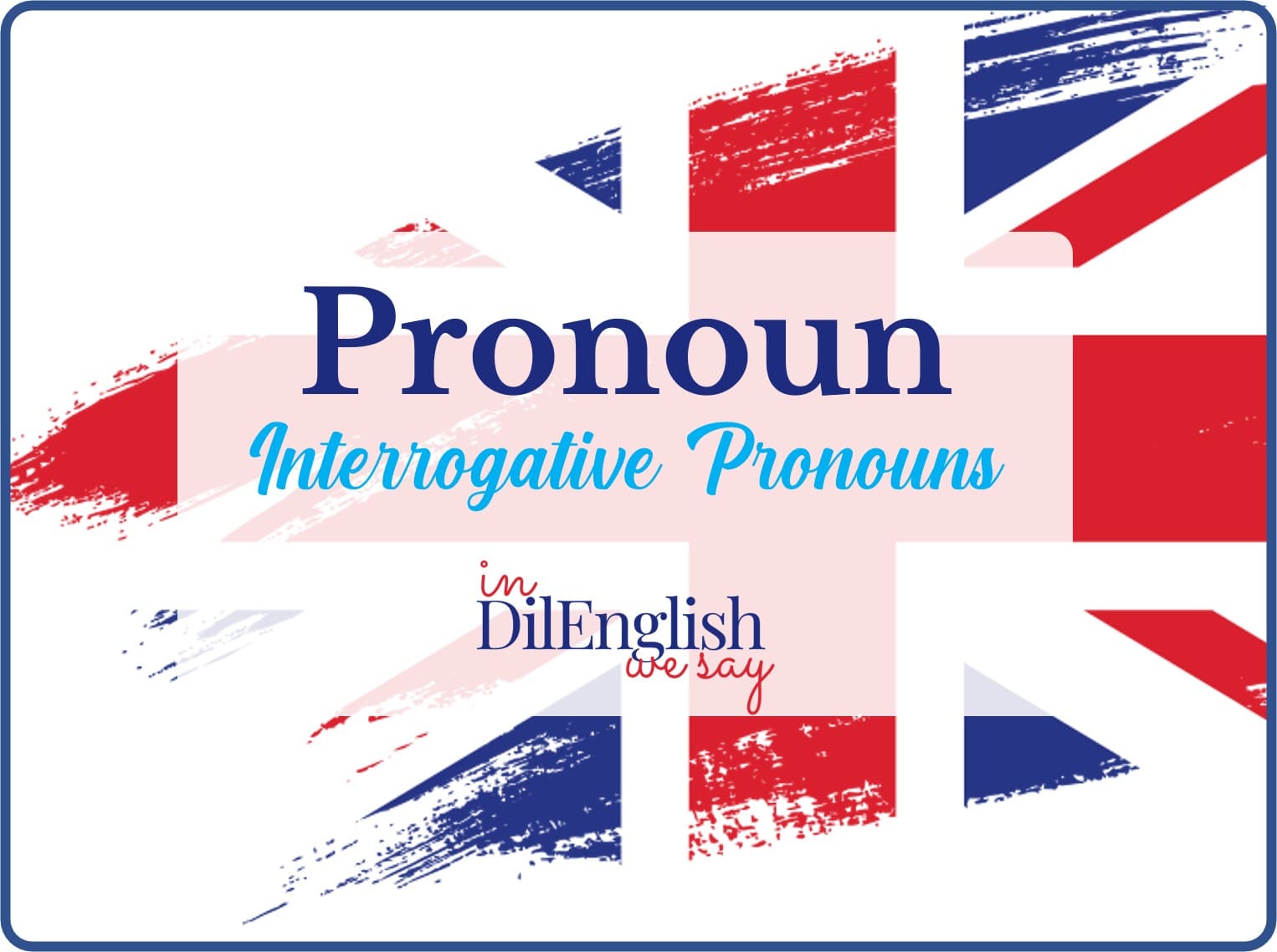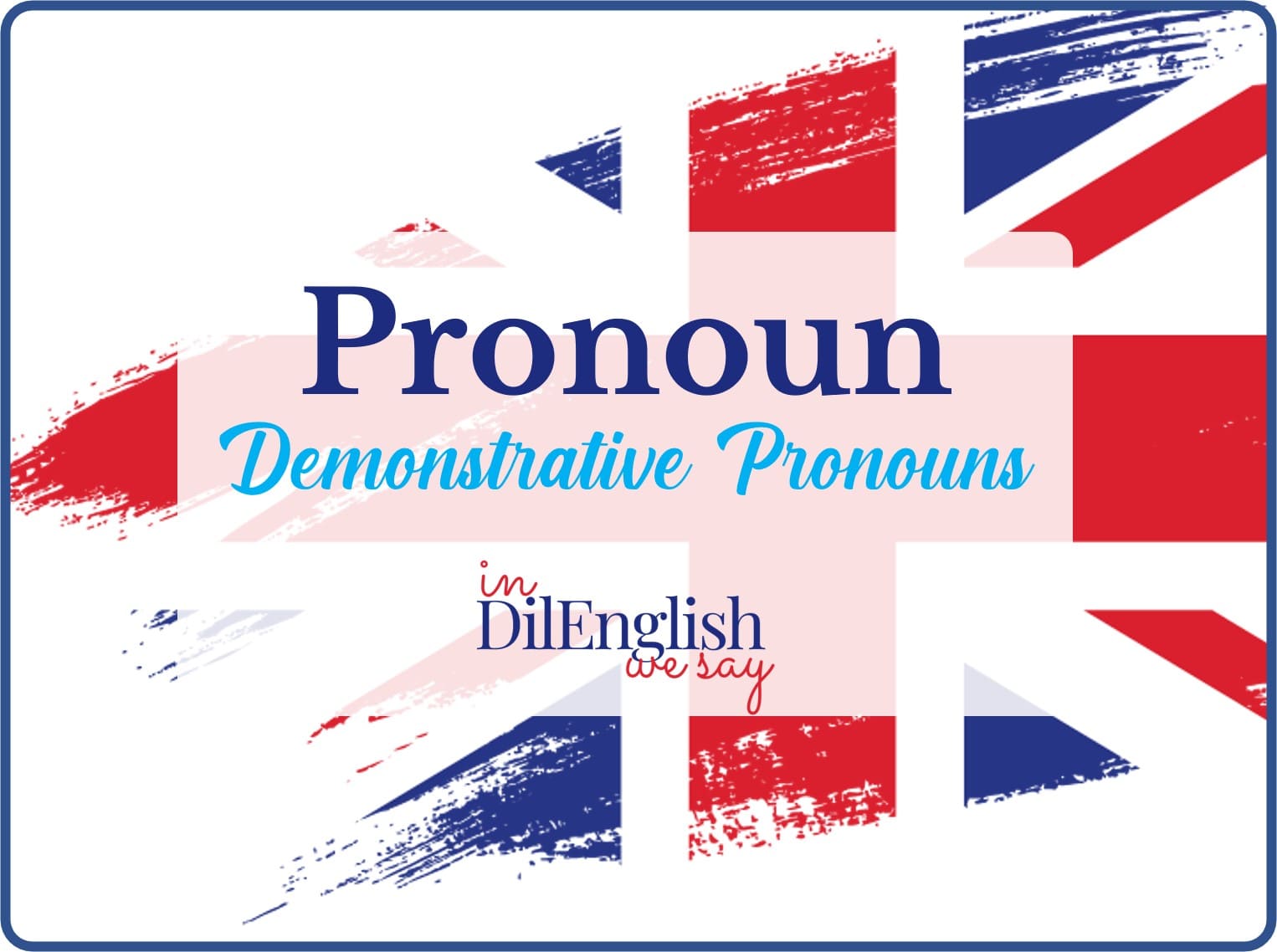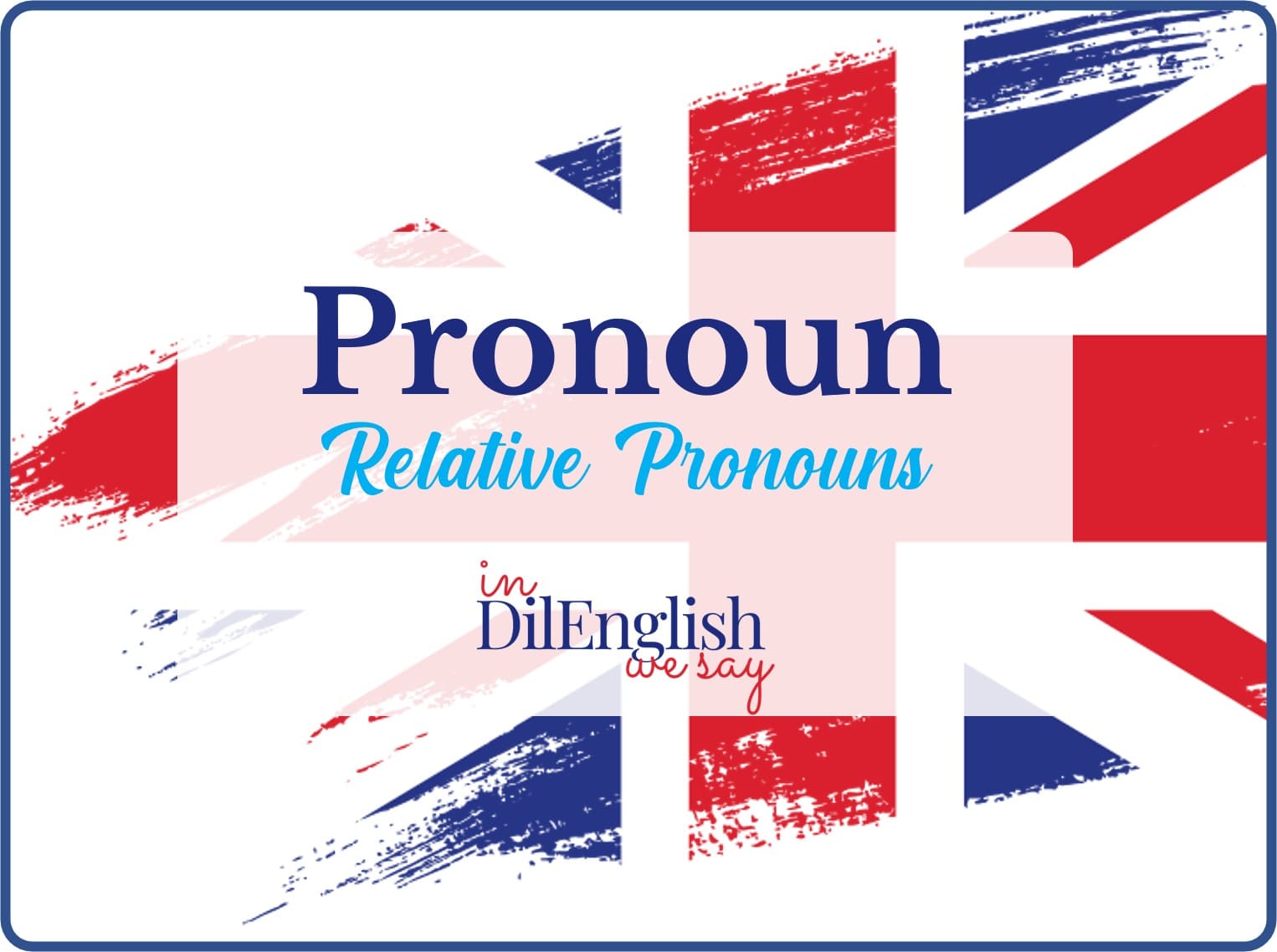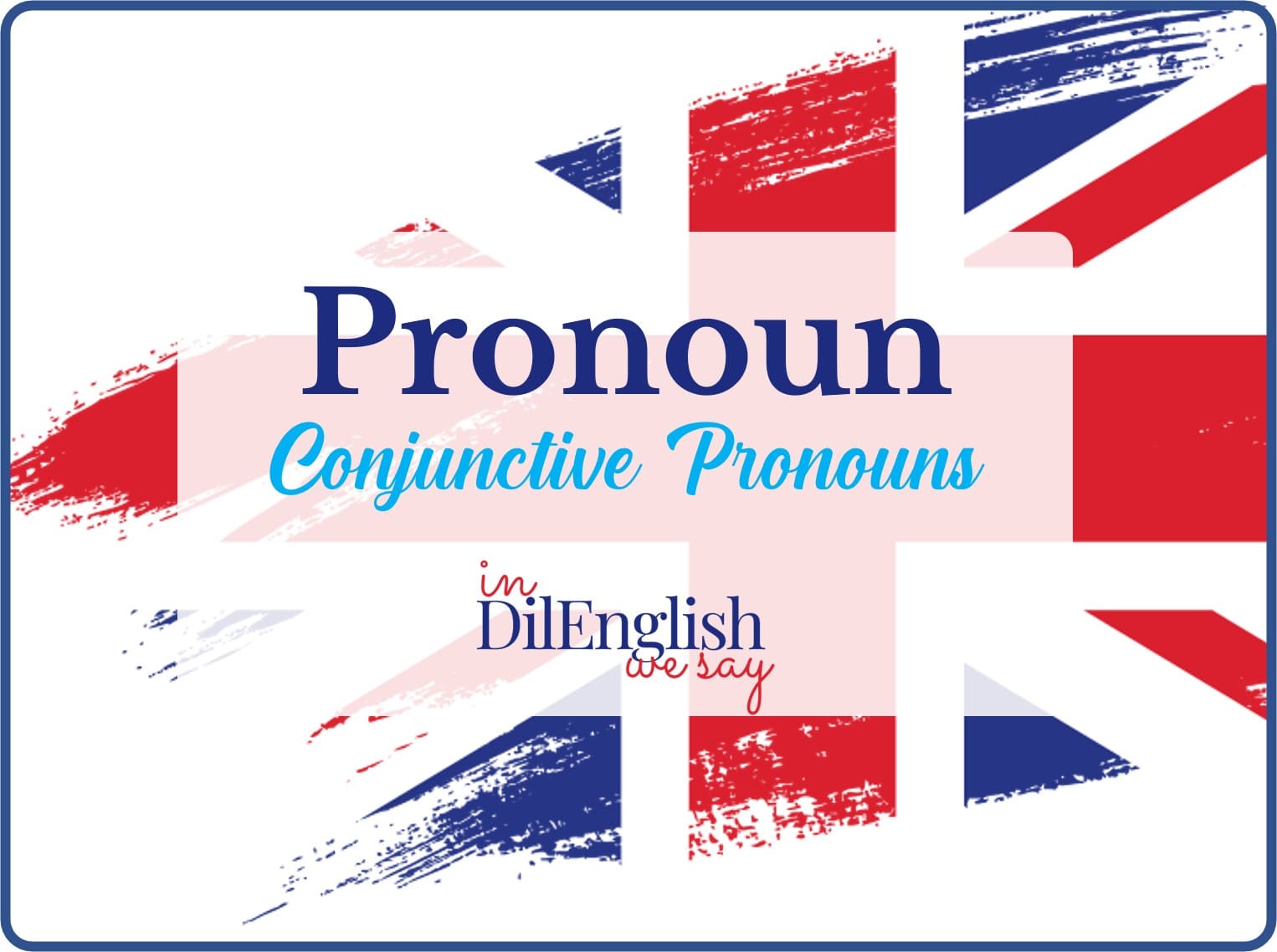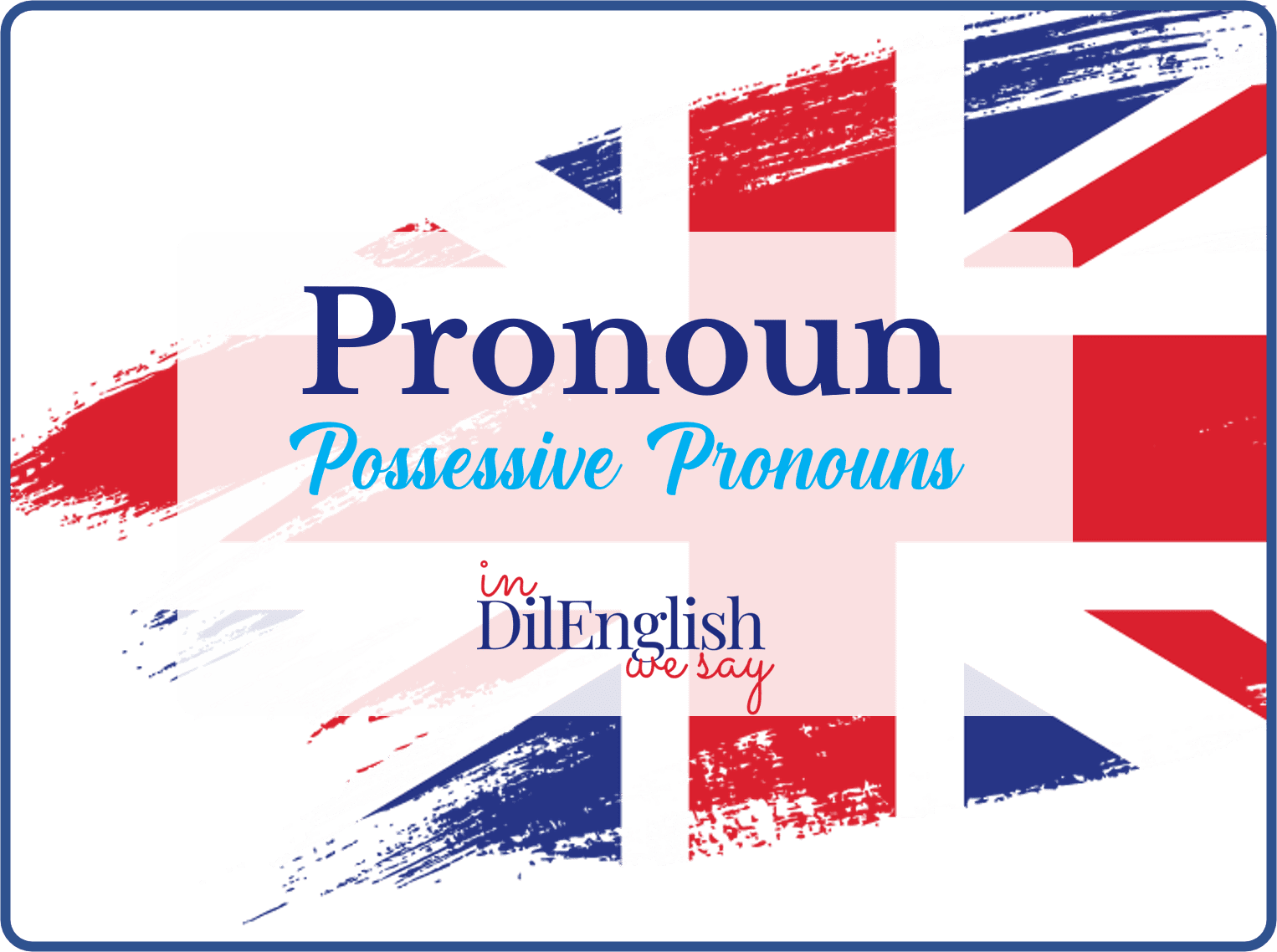Negative Pronouns
Negative Pronouns are used to negate some statements.
Defining Pronouns
The defining pronouns are: all, each, every, everybody, everyone, everything, either, both, other, another.
Reciprocal Pronouns
Reciprocal pronouns are the group pronouns each other and one another.
Indefinite Pronouns
Indefinite pronouns point out some person or thing indefinitely. The indefinite pronouns are some, any, somebody, anybody, someone, anyone, something, anything, one.
Reflexive Pronouns
Reflexive pronouns are used to emphasize another noun or pronoun.
Interrogative pronouns
Interrogative pronouns are used in inquiry, to form special questions. They are: who, whose, what, which.
Demonstrative pronouns
The demonstrative pronouns are this, that, such, (the) same.
Relative pronouns
Relative pronouns (who, whose, which, that, as) not only point back to a noun or a pronoun mentioned before but also have conjunctive power.
Conjunctive pronouns
Conjunctive pronouns point back to some person or thing mentioned before.
Possessive pronouns
Possessive pronouns indicate ownership.

